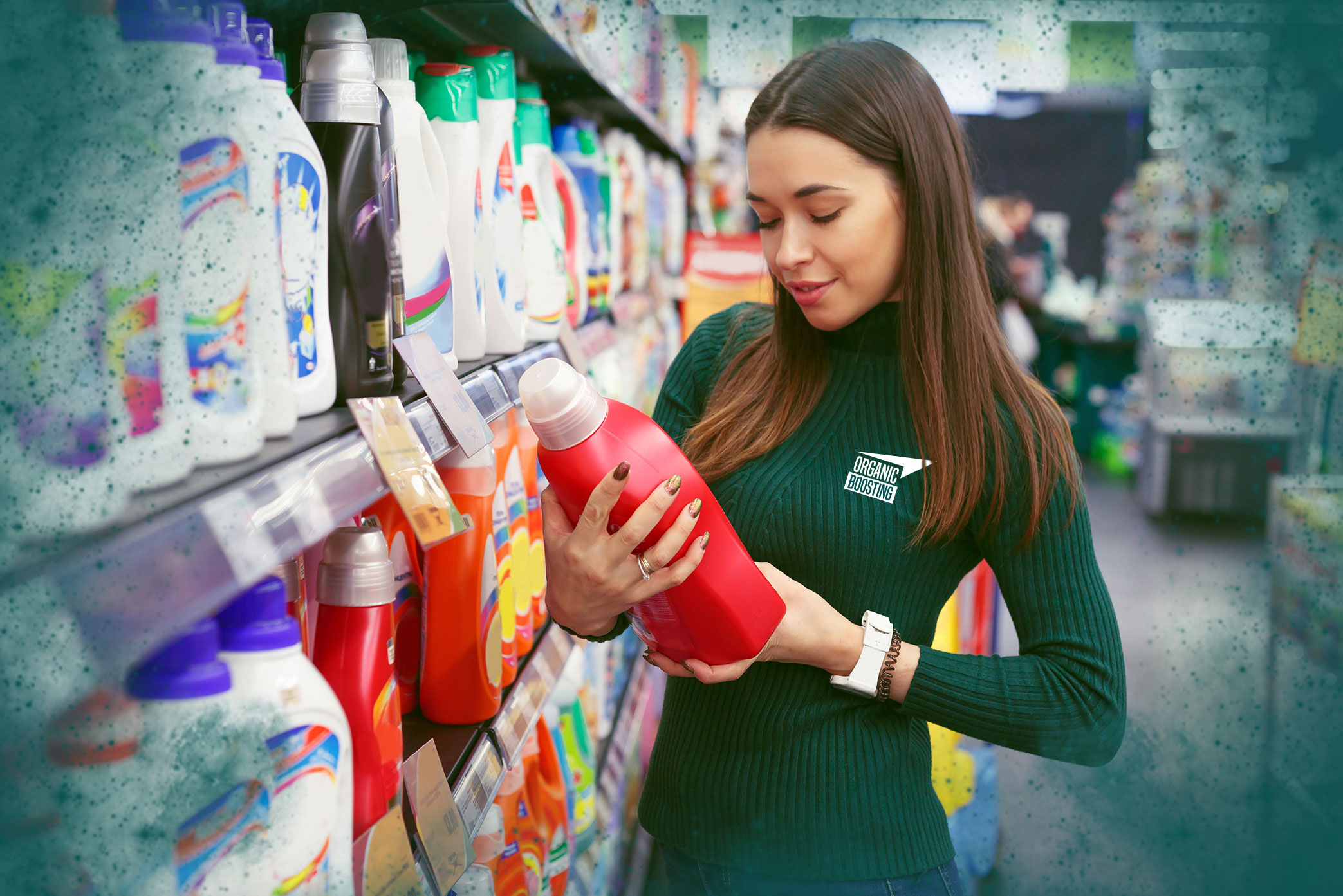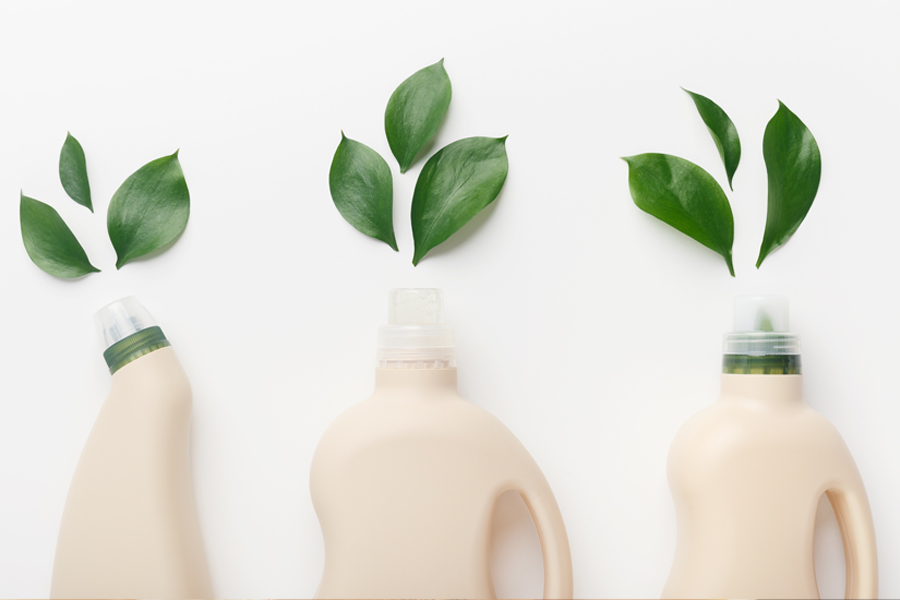Top 7 Reasons to Switch to Green Cleaning Products
Nowadays green cleaning products have emerged as a sustainable alternative to conventional household cleaners. These plant-based, cruelty-free, and biodegradable cleaning solutions offer numerous benefits, making them a wise choice for health-minded individuals and businesses alike. From reducing skin irritation and allergies to minimizing toxic chemical exposure, switching to green cleaning products can significantly enhance family safety and environmental stewardship.
This article dives into the top 10 compelling reasons to embrace green cleaning, shedding light on the adverse effects of volatile organic compounds found in traditional cleaners and highlighting the renewable resources utilized in crafting eco-friendly alternatives.
Benefits of Organic Cleaning Products
Organic cleaning products offer numerous benefits that make them a superior choice for maintaining a healthy and sustainable living environment. Here are some key advantages:
1. Reduced exposure to harmful chemicals
Conventional cleaners often contain toxic substances like ammonia, chlorine bleach, and synthetic fragrances that can cause skin irritations, respiratory problems, and other health issues upon exposure. Organic products, made from naturally derived, non-toxic ingredients, significantly reduce the risk of harmful chemical exposure for you and your family.
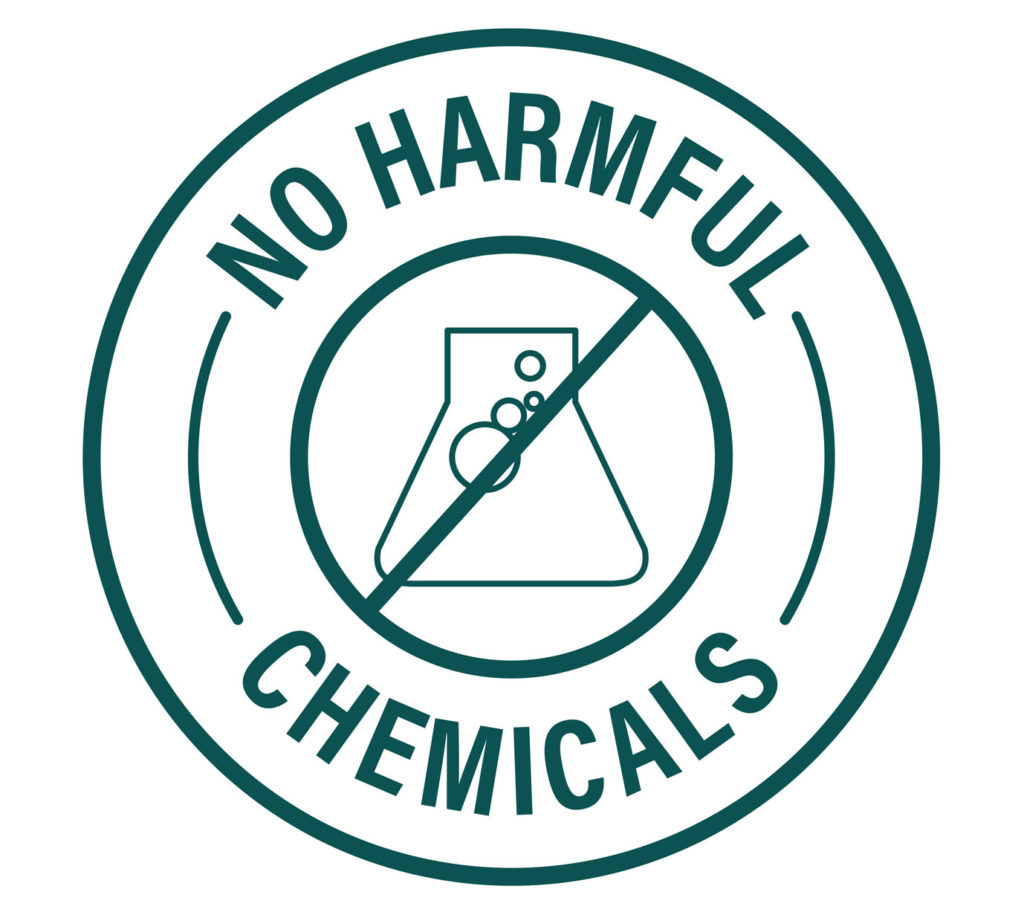
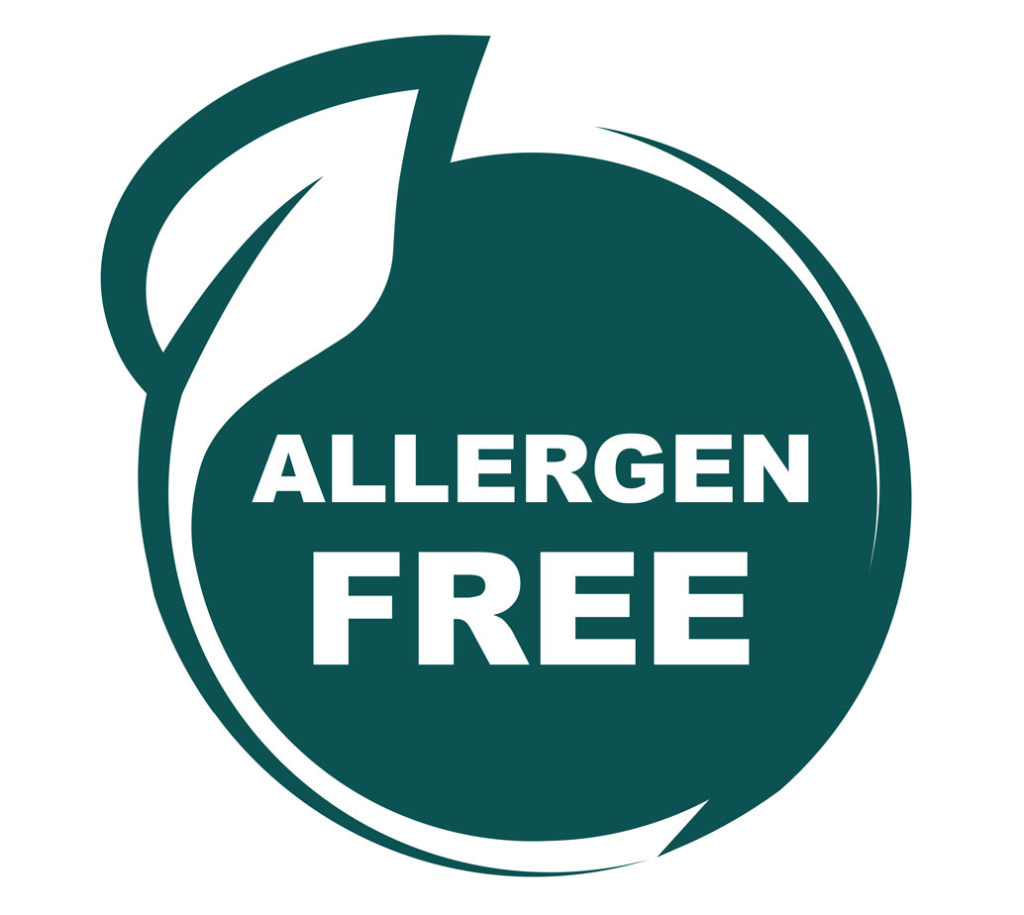
2. Allergen-friendly alternatives
Many organic cleaning solutions are hypoallergenic, free from synthetic fragrances, bleach, SLS, formaldehyde, and other irritants that can trigger allergies, skin rashes, and respiratory issues. This makes them an ideal choice for individuals with sensitivities or allergies.
Organic products are free from volatile organic compounds (VOCs) found in conventional cleaners, which can contribute to respiratory problems like asthma and other lung diseases. By using organic alternatives, you can improve indoor air quality and reduce the risk of respiratory issues.
3. Safe for children and pets
Children and pets are more vulnerable to harsh chemicals found in traditional cleaners due to their smaller size and proximity to cleaned surfaces. Organic products ensure a safer environment for your loved ones by eliminating exposure to toxic substances.


4. Long-term cost savings
While organic cleaners may seem more expensive upfront, their concentrated formulas and effectiveness often lead to slower consumption rates and fewer purchases over time, resulting in long-term cost savings.
5. Reduction in water pollution
Organic cleaning products are typically biodegradable and made from natural ingredients, reducing the risk of water pollution and harm to aquatic life when disposed of properly.
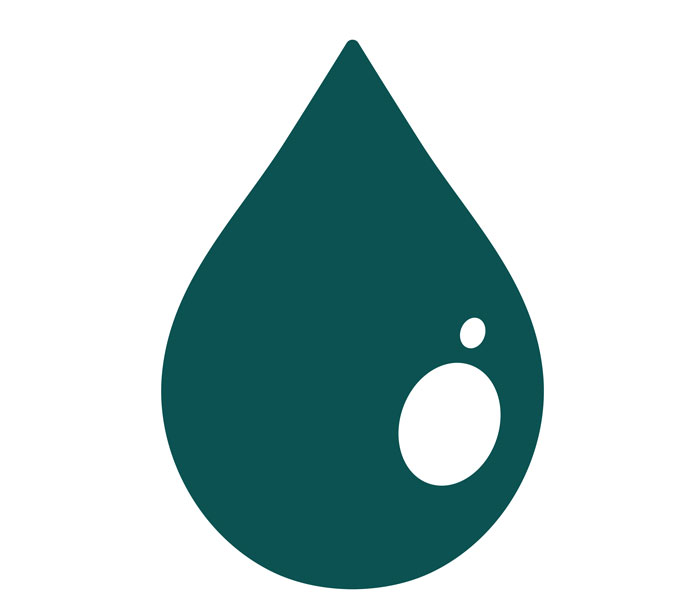
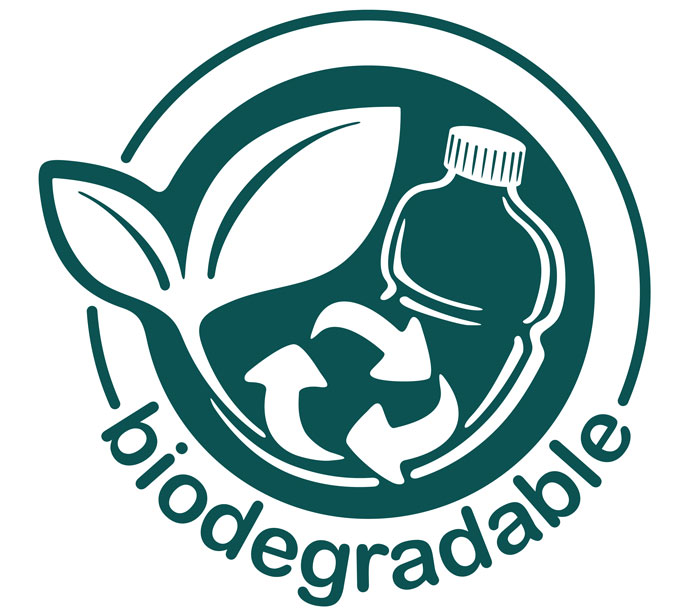
6. Biodegradability and lesser waste
Many organic cleaners come in minimal, biodegradable, or recyclable packaging, significantly reducing the amount of waste generated compared to traditional products. Some are even available in refillable containers, further minimizing plastic waste.
7. Safe for sensitive skin and allergies
The gentle, plant-based ingredients in organic cleaners make them an excellent choice for individuals with sensitive skin or allergies, as they are less likely to cause irritation, redness, or discomfort.

Environmental Impact of Conventional Cleaning Products
Conventional cleaning products have a significant impact on the environment, contributing to pollution, contamination, and global warming. Here are some key environmental concerns:

Pollution and contamination
The chemical industry, which includes cleaning product manufacturers, is extremely energy-intensive and a major contributor to greenhouse gas emissions. Additionally, consumer products like cleaners emit volatile organic compounds (VOCs) at levels comparable to vehicle emissions. These VOCs can lead to water pollution, algal blooms, and contamination of drinking water supplies.
Effects on marine life
Many ingredients in conventional cleaners, such as alkylphenol ethoxylates, triclosan, and phthalates, are toxic to aquatic life and can disrupt endocrine systems in wildlife. Phosphates and nitrogen-containing compounds contribute to nutrient loading in water bodies, causing adverse effects on water quality and aquatic ecosystems. Chemicals like quaternary ammonium compounds (QUATs) can impair wastewater treatment processes, further degrading water quality.


Contribution to global warming
The production, distribution, and use of conventional cleaning products contribute to greenhouse gas emissions and global warming. Energy is required for manufacturing, transportation, and consumer use (e.g., hot water for cleaning). Additionally, the production of chemicals and plastics used in packaging is energy-intensive, further exacerbating the carbon footprint of these products.
Conclusion
Embracing green cleaning products presents a significant opportunity for businesses and households alike to contribute to a healthier and more sustainable future. By transitioning away from conventional cleaners laden with harmful chemicals, we can create safer indoor environments, minimize our environmental footprint, and promote responsible consumption practices. The numerous benefits of organic cleaning solutions, ranging from reduced exposure to toxins to biodegradability and sustainable manufacturing, make a compelling case for this eco-conscious shift.
For businesses seeking to capitalize on the growing demand for eco-friendly cleaning products, Organic Boosting offers bulk purchasing options, streamlining the process of sourcing high-quality, professional-strength green alternatives.


